Addy Dports > Basketball > Manchester United s summer window balance technique: Wait for the transfer window to turn
Manchester United s summer window balance technique: Wait for the transfer window to turn
Ironically, Manchester United, which was once famous for spending money and gambled with transfers, now defines them no longer who they buy, but who cannot sell them. As reported in The Athletic.
The main storyline of Old Trafford this summer has nothing to do with who will put on a red shirt, but who will leave, and most importantly, when to leave. Although Manchester City and Chelsea have long been well aware of selling marginal players for considerable profits, Manchester United is still like an amateur auctioneer in this market that requires professional skills. "We have to balance the accounts," said Bellada, CEO of
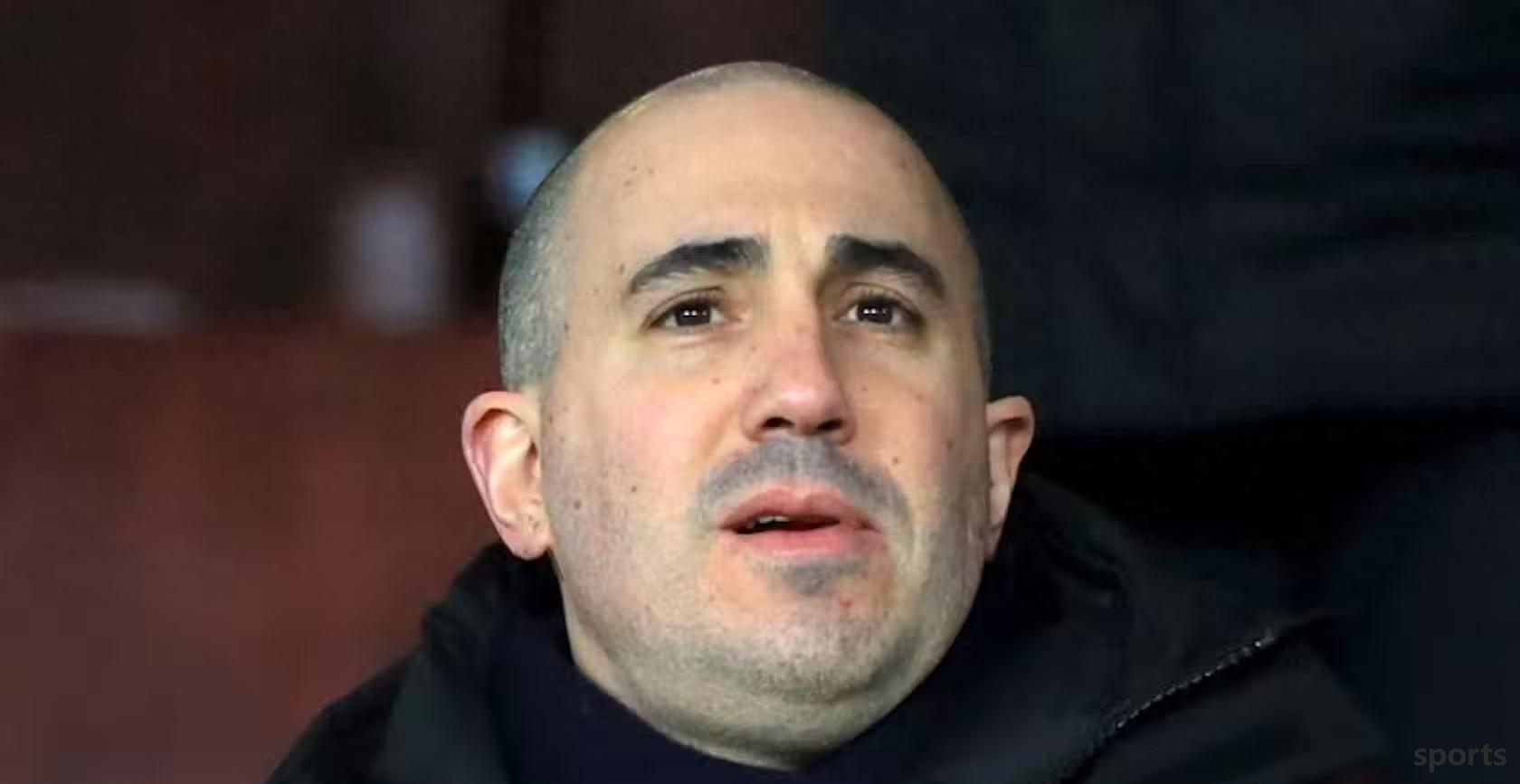
. This sentence echoed the club's new creed, which was not long ago in the boardroom of the Carrington Training Base. This is not only a change in concept, but also a structural necessity.
Cash is precious, and the leverage cost is heavy
On the books, Manchester United still has financial resources. Their latest financial report shows that cash reserves are £73.2 million. In theory, they can borrow up to £140 million through revolving credit lines. But the reality is that the club will have to repay £195.2 million in debt in the next year and have paid nearly £200 million in transfer fees due to installments.
This has not yet considered what Ratcliff said about the £89 million spending commitment that will be cancelled this summer even if he no longer buys. Even Cunya's transfer fee has not been paid yet.
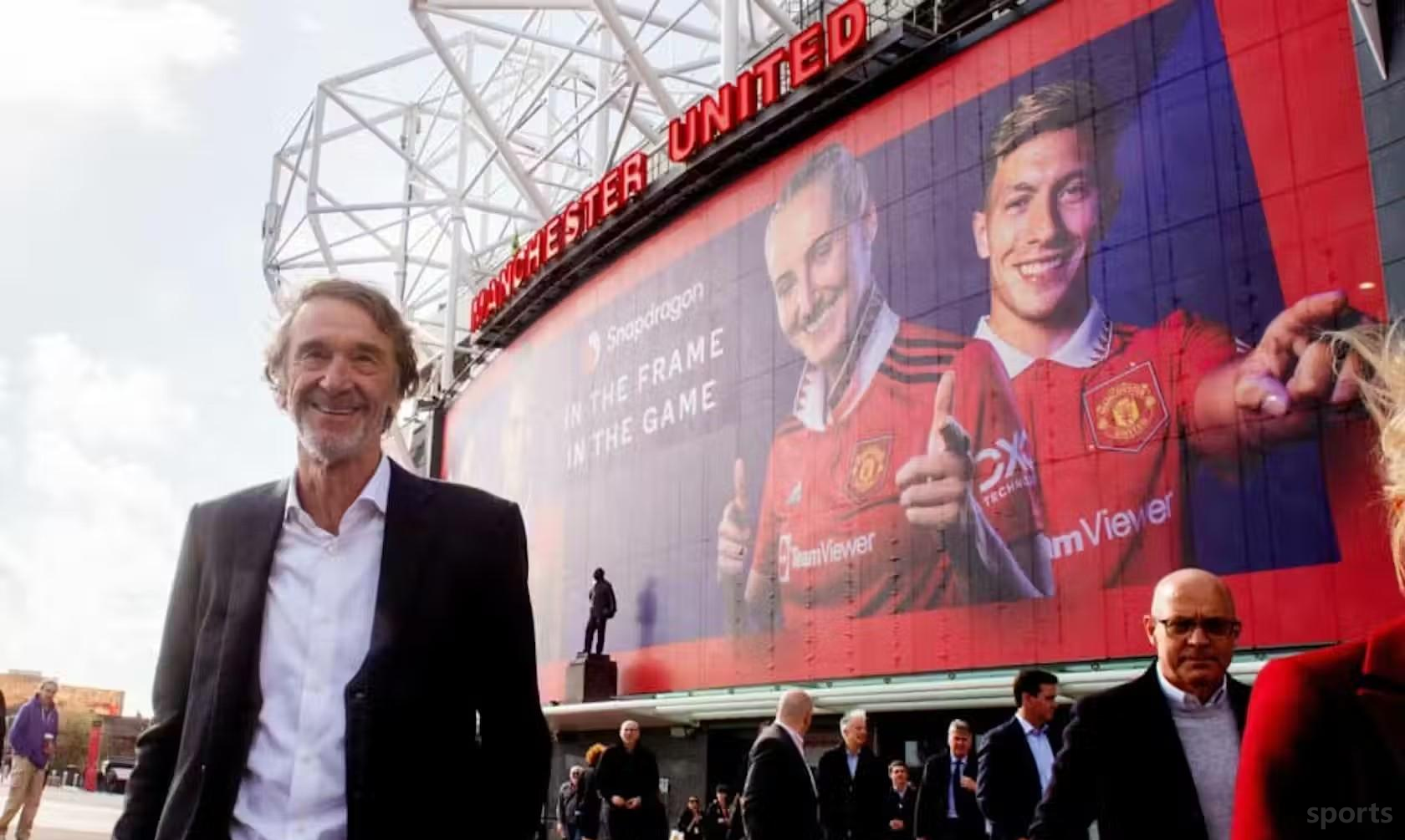
So, yes, there may be money. But in an era where balance is overwhelming and the books are more glorious than brochures, relying on borrowing more money to spend more money is increasingly like the luxury of the previous era.
has not yet left the team, so it is an art to sell well without a talk with the signings. For Manchester United, it was more of a clearance sale in history: hasty, low selling, disappointing. Chelsea and Manchester City have earned more than £500 million and £435 million respectively by selling players. Where is Manchester United? Just exceeded £105 million. The club used to have funds to make up for the mistakes, but now this safety net has been removed.
The progress this summer depends on the player's departure, and it cannot be an ordinary player, it must be a big seller. Cash down payment. Few additional terms. Instant liquidity. This is a seller's market, but only if you have to have chips. And Manchester United currently does not.
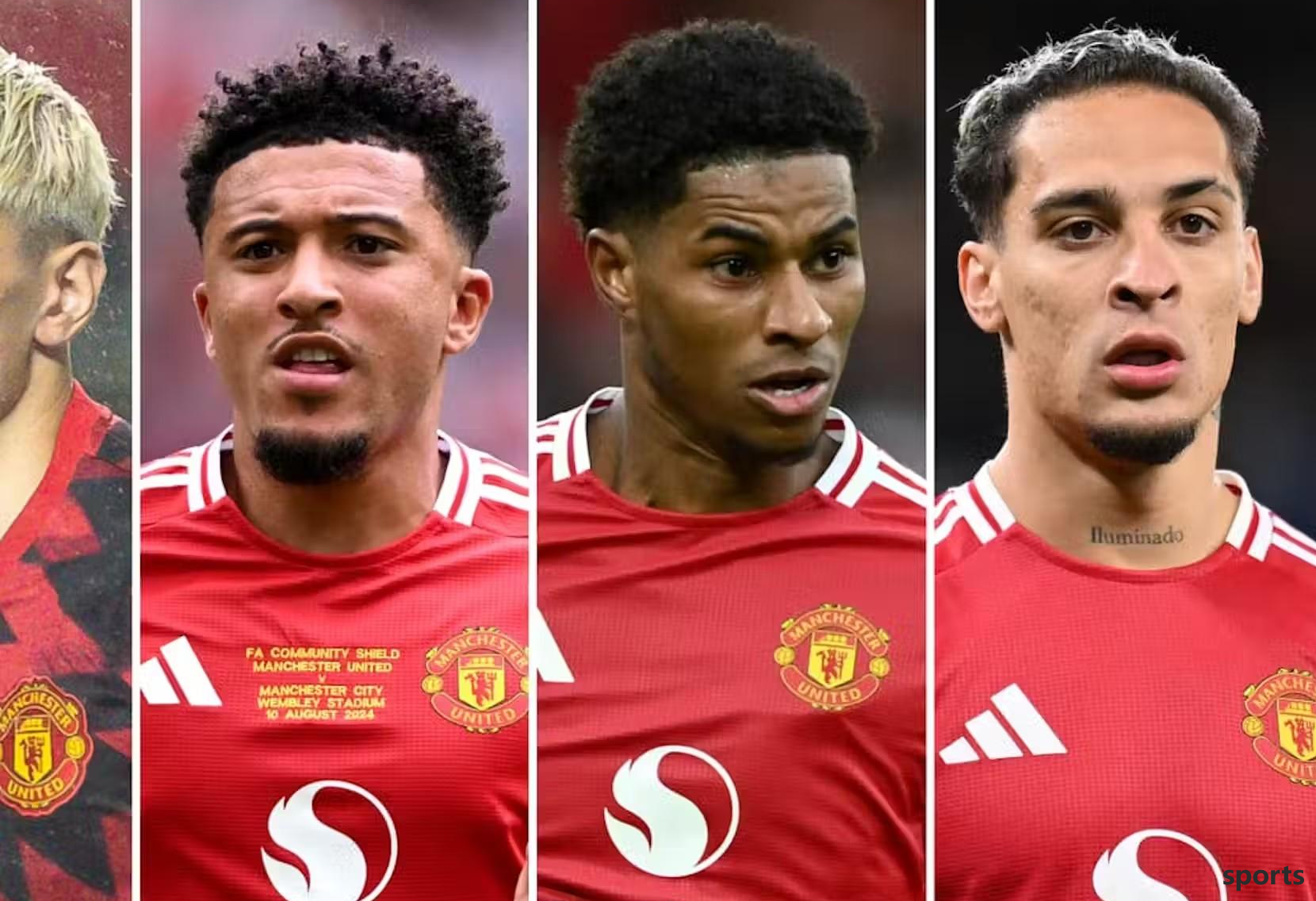
Anthony, Sancho, Rashford, Garnacho. These four players are considered victims to varying degrees. But in a market driven by demand and inflated salaries, it is not enough to just sell, and someone must be willing to buy it.
Sancho, once the spokesperson for Manchester United's ambitions, is now a salary burden. His future is complicated by high salaries and shrinking contracts, leaving Manchester United begging for high permanent transfer offers that simply does not exist.
Anthony is generally believed to be closest to leaving the team, and although there are suitors, there are few serious offers. Garnacho, valuated at £70 million, is one of the few valuable assets of Manchester United with appreciation potential, but the club's own ambiguity of its long-term positioning has added difficulty to the negotiations.
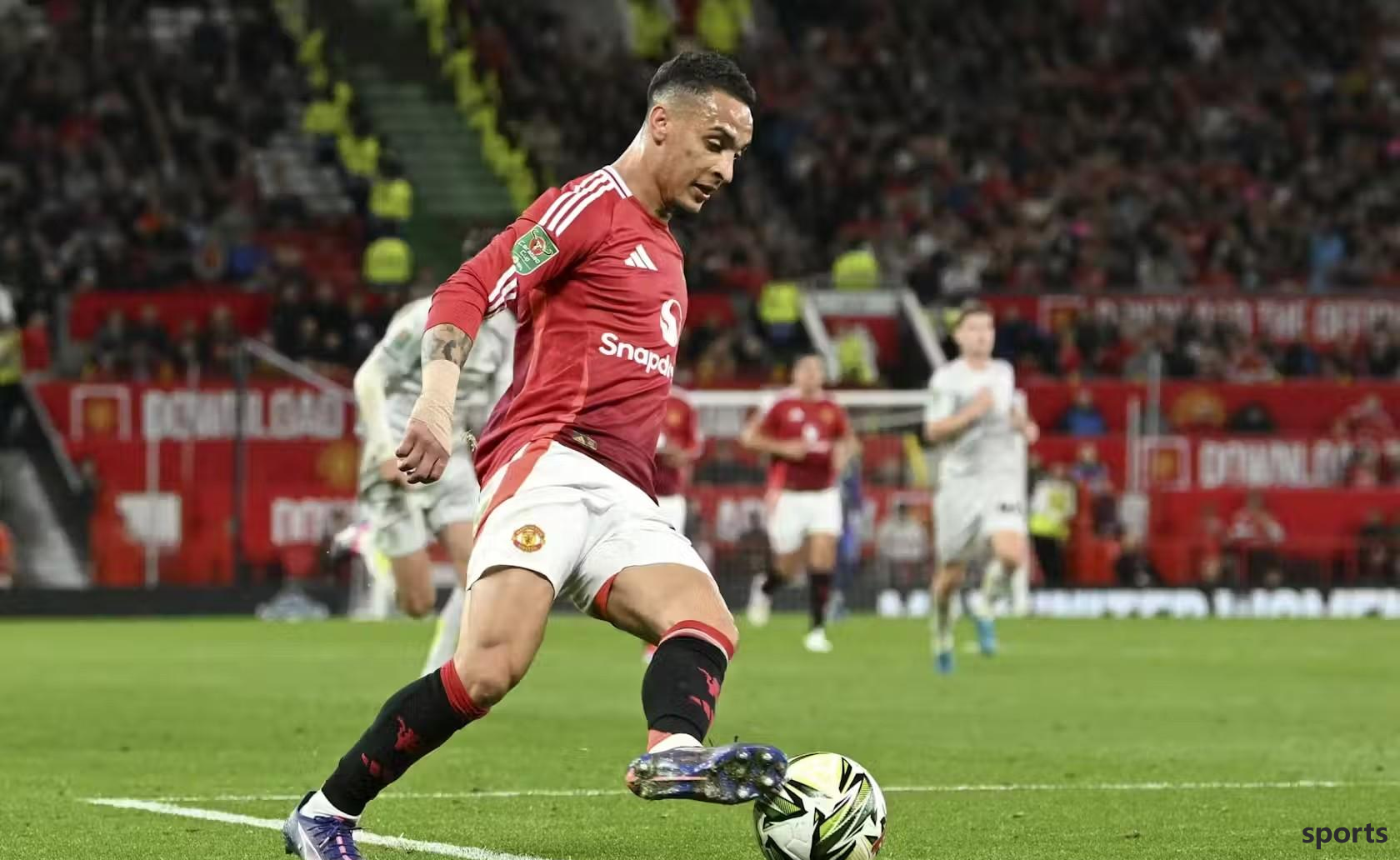
As for Rashford, rumors never stopped. Barcelona has a long history of interest, but it is always short of money. His fall from favor under Amorin and his Champions League ambitions all imply that the breakup is reasonable. However, the structure of such transactions is still far from finalizing.
No sale, no reconstruction
There are new characters behind the scenes. The newly-elected Wilcox is responsible for cleaning up the roster, but he can no longer have the ability to have a steady stream of young talent eager for opportunities available for sale as he did in Southampton.
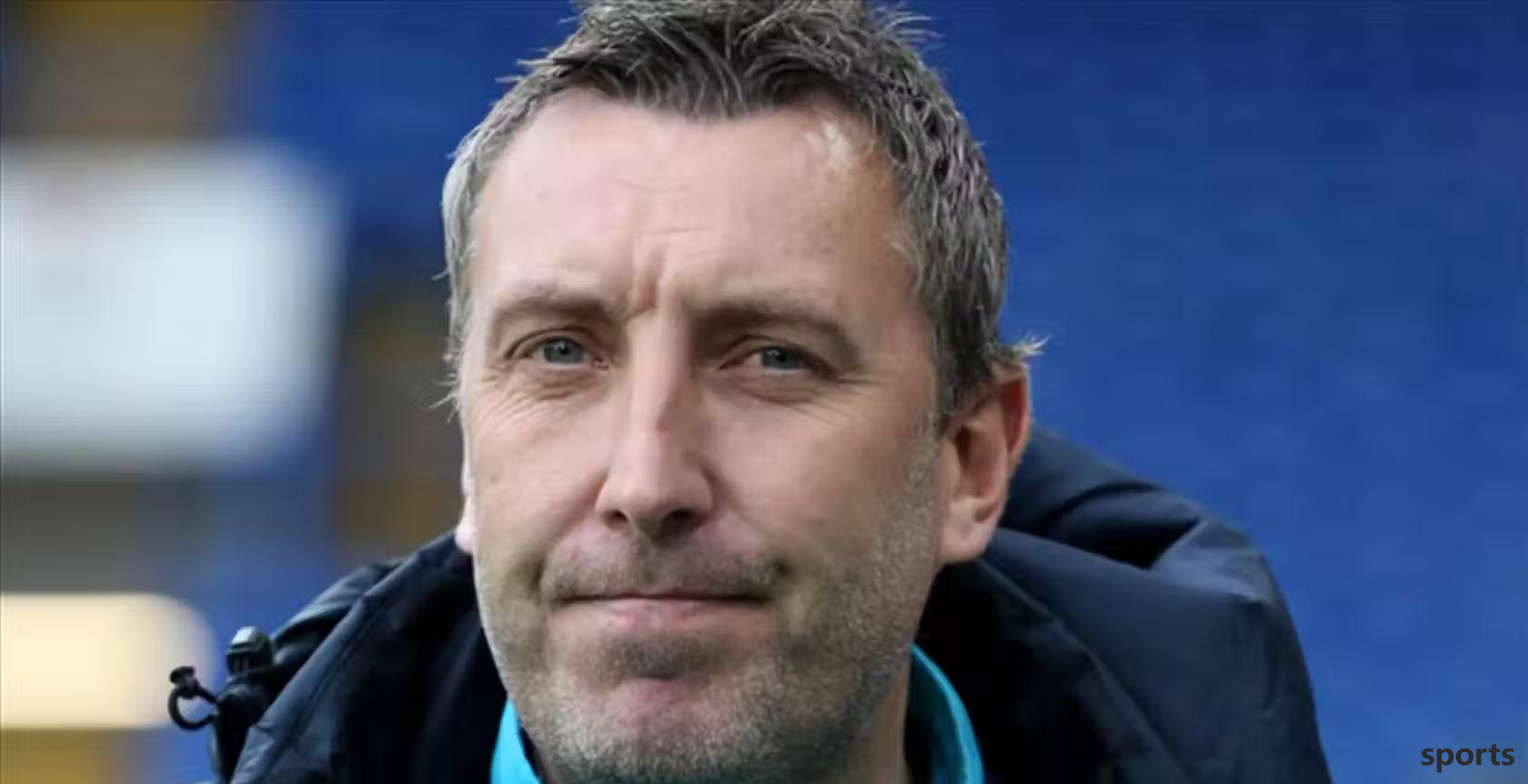
The cards in his hand are players with high salaries, poor performance, long contracts and limited resale value. The comparison is cruel. Wilcox once sold Lavia and Livramento for a total of £80 million, but now he has to find a buyer for players like Marasia, who seem to be unwilling to do so.
Even players like Bruno Fernandez are subtly placed on the shelves as evidence of Manchester United's cold-hearted style. Selling the best player may be unpleasant, but as The Athletic points out, a sky-high deal meets all the conditions from a financial standpoint. However, Fernandez is still on the team. Because there is a huge difference between theoretical flexibility and actual quotes received. The problem is not that Manchester United decides to sell first and then buy, but that the process of selling takes too long. Their operation is like a clothing company, and they have to wait until the clearance area is cleared before they are willing to purchase goods, but no one wants an out-of-season old suit.
Last summer, Sancho's loan to Chelsea trade was completed after the deadline. Rashford's transfer to Villa was dragged until the night before the winter window was closed in January. This is not a sales technique, it is a procrastination.
Transfer markets are often compared to poker tables. But at this stage, Manchester United is not bluffing. Everyone at the table can see their trump card clearly. Losing the unexpected factor, they are just another club that is struggling to wait for a quote that may never come.
The risk here is not only the inability to sign new players, but also the momentum required to support Amorin's first full season may collapse. If we cannot act quickly and reshape the lineup, we may repeat the mistakes of Manchester United's slow start and mid-season crisis in recent years.
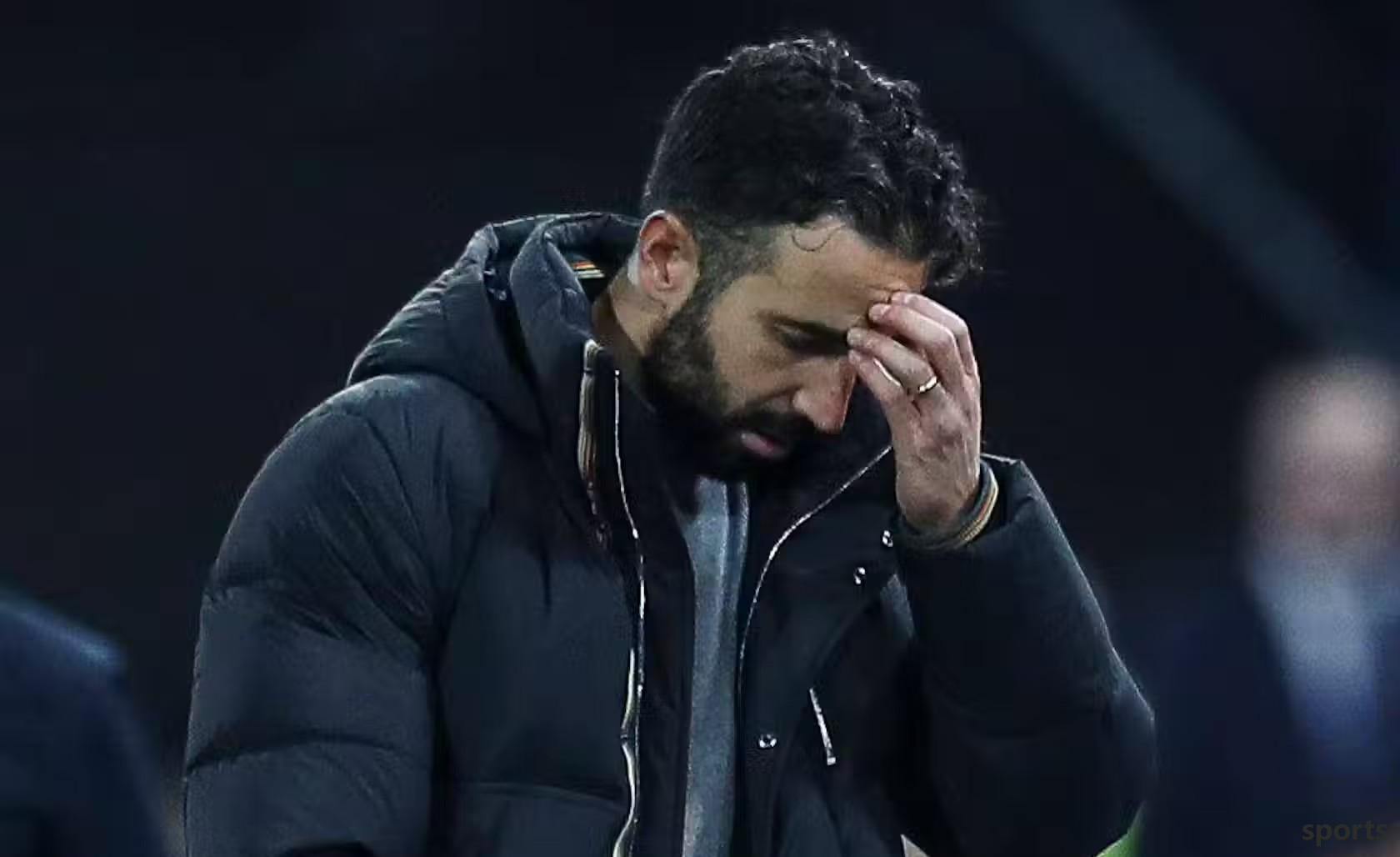
In the world of the top league, especially when competitors are already planning accurately, Manchester United has no capital to stay on the spot. Even in the name of balance, it won't work.
Our Views
Reading how Manchester United operates this summer, it is deeply disturbing. It's not just the numbers themselves. That’s £195 million deferred payment, £73 million reserves or a huge revolving line of credit. That tone. That feeling: They have gone from one of the superpowers in Europe to a club of shoppers who hold receipts tightly and try to return goods but can't find the label.
Sell first and then buy sounds wise until you realize how few players they have sold over the years. It is much easier to spend £80 million to buy a winger than to deal with a player who is not suitable for the team for £20 million. This is not a strategy, it is Manchester United's ten-year blind spot.
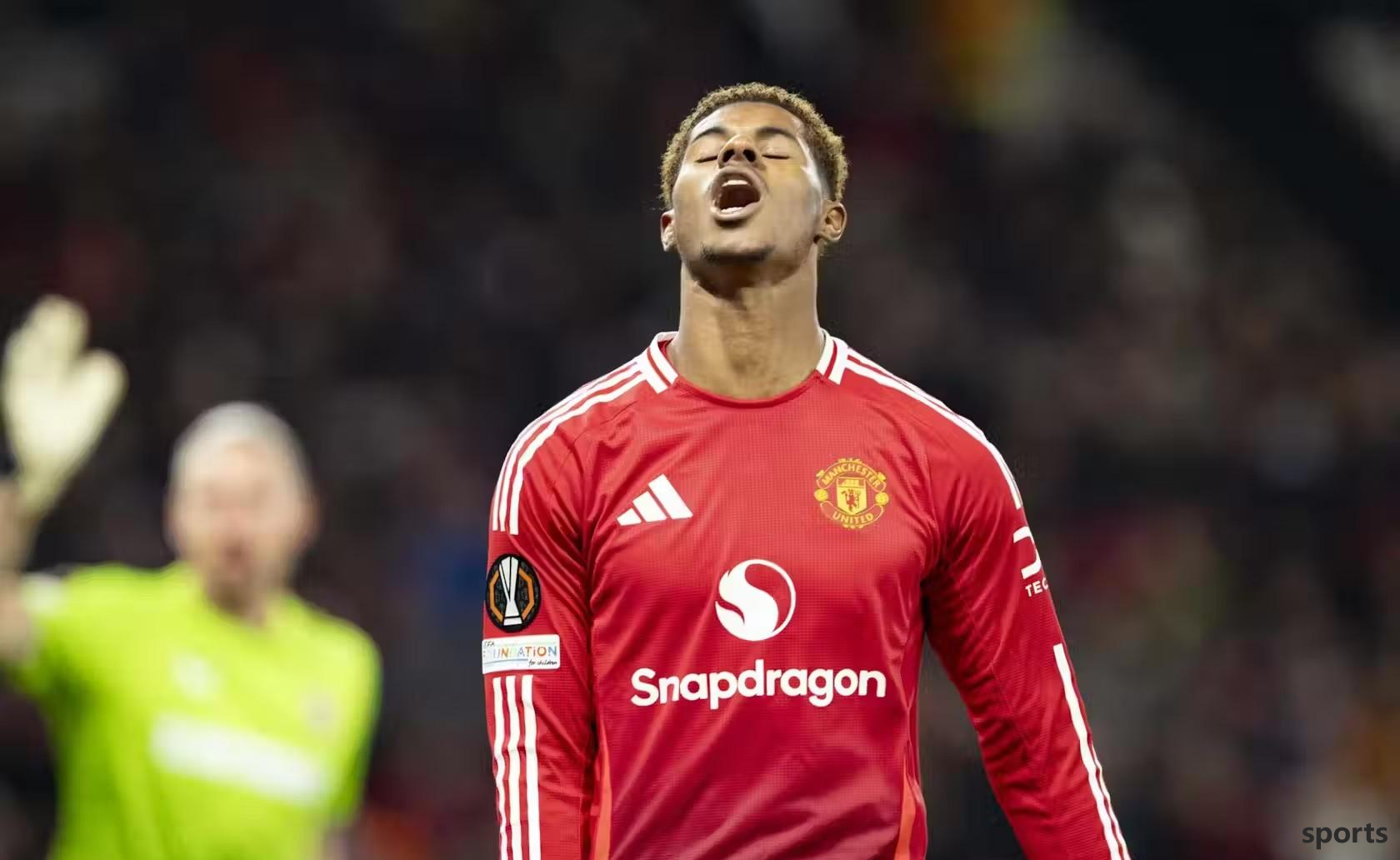
Nowadays, players like Sancho, Rashford and Anthony, who were once regarded as the future, are now a burden. No one is willing to pay their wages, let alone transfer fees. And fans actually want to believe that the same group of executives who could not find a buyer last year could be handled when the countdown was turned on again?
What is even more worrying is that Amorin may eventually take over a lineup that he doesn't trust, just because the financial house of cards finally collapsed. This is not like progress, but rather like panic and a calculator.
The fans' concerns are completely reasonable before seeing a real player leave the team (rather than rumors of storm or loan whispers). Discipline and prudence are important, but it is equally important to show an ambitious club posture. And for the moment, they seem to be losing both.
Game 24hRelated Posts
35 points win! Nets have a good start to the preseason: Porter Jr. made his debut with 13 points, Zeng Fanbo did not play
BasketballOn October 5, the NBA preseason continued, with the Nets playing against Jerusalem at home. The gap in strength between the two teams in this game is still very obvious. The Nets are in excellent form and take the initiative on the field early, and...
moreGrayson Allen: Booker is the top passer. As long as he breaks through, I will keep running
BasketballOctober 6th News Today, Grayson Allen was interviewed after training. When asked how he viewed Booker’s growth as a top passer, Allen said Booker’s passing ability was not a new trait that has just emerged recently. He said: "Book himself is al...
moreCurry holds two seats exclusively! US media predicts 13 statistics for the new season: Doncic scores + Wenban blocks
BasketballCurry owns two seats alone! As the preseason starts and the new NBA season is approaching, the US media "fadeawayworld" makes predictions for the 13 statistics kings in the new season, including Doncic's scoring champion and Wenban'...
more
Hot Posts
- Perkins: I publicly reminded Westbrook to control his emotions three or four years ago, otherwise he might not have a ball to play.
- Rockets 8 for 1 Durant ranks first! ESPN announces 15 votes: Curry becomes the best in the United States
- Keep the present and win the future. Is it reasonable to have three of the strongest teams in the past five years in front of the Rockets?
- Leonard s Yin-Yang contract has caused heated discussion! He was ridiculed to make two money without working. The Lakers missed him in 19 years.
- Suns Exclusive: Some Manchester United first-team players think 39-year-old three-pointer Heaton deserves the chance
- 19+5 in 24 minutes! Doncic s debut performance was good: three-pointers are very accurate
- Warriors sign Curry + Payton Jr. at the base salary: Curry brothers join forces to renew the contract
- Four teams are rushing to demand James? The rumor of the trade of 40-year-old James has triggered the NBA offseason.
- Behind the Celtic Eagles Trading: Typical cyclical interleaving transactions, the former values the future and the latter focuses on the present
- American News: The Heat s odds surge with Durant s price, and the transaction may be completed within 72 hours
Recent Posts
-
Replace Yang Hansen! No. 11 pick Koward: It s in great shape now and will prepare for training camp
-
Media Reviews Downs Randall Swap: This is a win-win for the Timberwolves and the Knicks
-
NBA: Warriors sign 6 players in a row, three-point shooter joins the Lakers, Thick Eyebrow Injury Update
-
Trail Blazers lineup 2K value is revealed: Lillard 91 ranks first, Yang Hansen ranked 11th in the team 70
-
Edwards finally became Jordan. Is there any pattern to follow in the G3 explosion?
-
There is no slug in the top ten picks in the 21st! The Heat won the cornerstone of the future with 2-for-1? The playoffs are better than Wiggins
-
The NCAA top scorer will represent the Lakers in the summer league. Can he get the chance to stay in the team?
-
Bill joined the Clippers. This Clippers are completely the lineup created for Harden
-
The Clippers signed a sixth-lost draft pick, and the probability that he would get is a training camp contract?
-
Kings join Schroder s battle, multiple teams snatch the experienced point guards